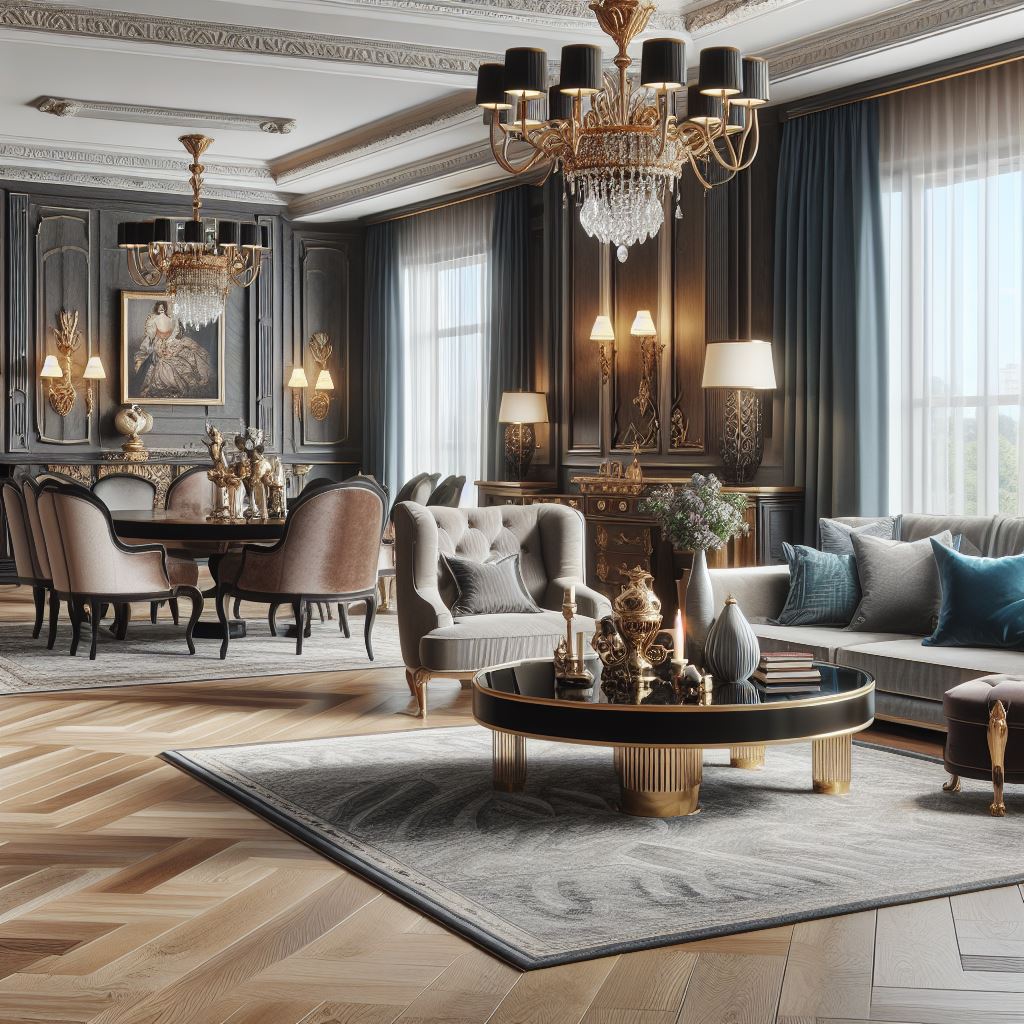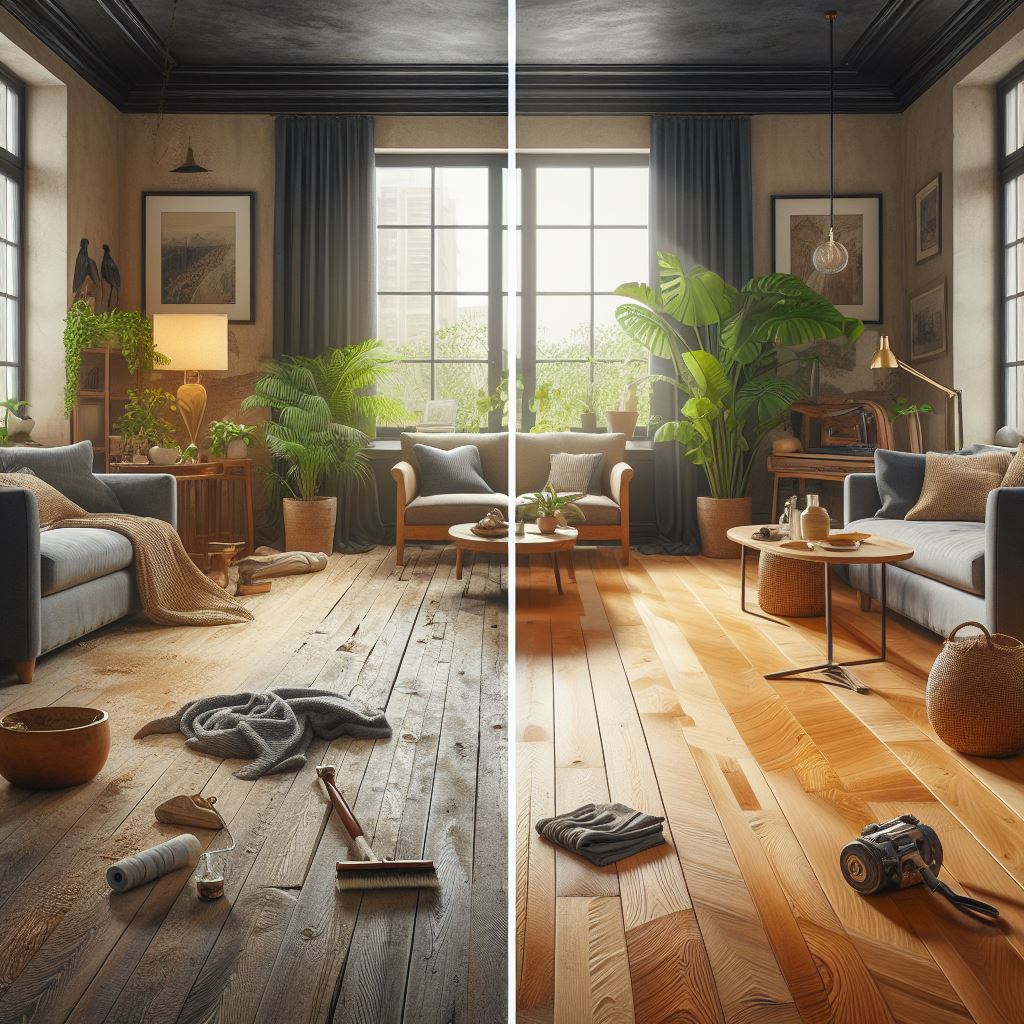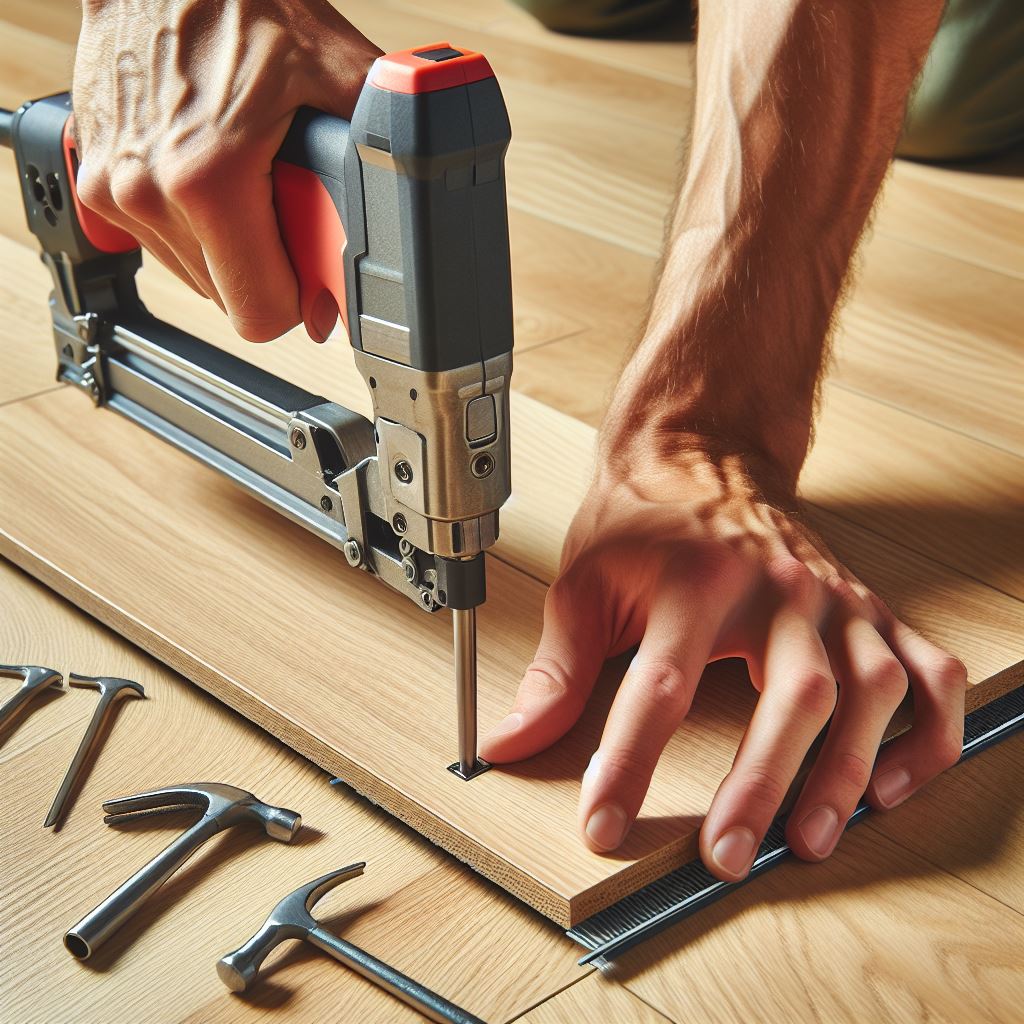Welcome to the realm of engineered wood flooring — a world where elegance meets practicality. But as homeowners and businesses in Dallas Fortworth seek out the finest in hardwood and luxury vinyl floors, a pressing question arises: is engineered wood flooring toxic? At Paradise Spaces, your safety is our priority, and we understand the importance of providing not only beautiful but also safe flooring solutions.
Engineered wood flooring has been a popular choice for its durability and resemblance to solid hardwood. However, concerns about its safety have led to a greater scrutiny of the materials and manufacturing processes used. As a responsible flooring company, we're here to guide you through the facts, dispelling myths and bringing to light the reality behind the materials that grace your spaces.
Embark on this journey with us as we unveil the truth about the safety of engineered wood flooring. If you're considering engineered wood for your next project, don't hesitate to request a free estimate or email us at sales@paradise-spaces.com. Our experts at Paradise Spaces are ready to assist you with all your flooring needs.
Understanding Engineered Wood Flooring Composition

Engineered wood flooring is a marvel of modern flooring technology, designed to offer the warmth and allure of hardwood with enhanced stability. But what exactly goes into the composition of this flooring? Understanding the layers and materials is key to discerning the potential health impacts of engineered wood.
At its core, engineered wood flooring consists of multiple layers. The top layer, known as the veneer, is a thin slice of real hardwood, which provides the authentic look and feel. Beneath this decorative veneer lies the core, typically made up of several layers of plywood, high-density fiberboard, or sometimes, a combination of both. These layers are cross-laminated for strength and resistance to humidity and temperature changes, making the flooring less prone to warping than solid hardwood.
The adhesives used to bond these layers together are a focal point when evaluating toxicity. Formaldehyde-based glues were commonly used in the past, raising health concerns. However, advancements in manufacturing have led to the development of low-VOC (volatile organic compounds) and formaldehyde-free adhesives, significantly reducing the potential health risks associated with engineered wood flooring.
It is paramount for consumers to be aware of the materials and adhesives used in their engineered wood flooring. At Paradise Spaces, we prioritize transparency and the health of our clients, ensuring that our engineered wood products meet the strictest safety standards.
The Manufacturing Process of Engineered Wood Floors

The manufacturing process of engineered wood floors is a testament to our commitment to quality and safety. This process begins with the selection of hardwood veneers, which are carefully chosen for their beauty and durability. These veneers form the top layer of the engineered floor, providing the desired aesthetic of solid hardwood.
Next, the core layers are prepared. These consist of either plywood, high-density fiberboard, or a combination of wood composites, which are then cut to the appropriate size. The core layers serve as the foundation of the flooring, providing structural stability and resistance to moisture and temperature fluctuations.
Once the core and veneer are ready, they are adhered together using advanced adhesives. As part of our dedication to health and environmental responsibility, Paradise Spaces employs state-of-the-art bonding techniques that utilize low-VOC and formaldehyde-free adhesives to ensure minimal off-gassing and a healthier indoor environment for our customers.
After the layers are bonded, the boards are pressed under controlled heat and pressure to create a robust bond. The planks are then precision-milled to the exact specifications, ensuring a tight and secure fit during installation. The final step of the manufacturing process involves finishing the surface with durable sealants and coatings that protect the wood and enhance its natural beauty, all while maintaining the commitment to safety and sustainability.
Potential Chemicals in Engineered Wood Flooring

While engineered wood flooring offers numerous benefits, including versatility and durability, potential concerns arise regarding the chemicals involved in its production. The adhesives used in bonding the layers can contain volatile organic compounds (VOCs), which may off-gas into the environment over time. Formaldehyde, a well-known VOC, has been commonly used in the past due to its effective bonding properties and cost-efficiency.
However, exposure to formaldehyde is linked to health issues such as respiratory irritation and allergic reactions, prompting manufacturers to reevaluate their use of this chemical. In response to these concerns, the flooring industry has seen a shift towards safer alternatives, including adhesives with reduced or eliminated formaldehyde content.
Additionally, the finishes applied to engineered wood floors to protect and enhance their appearance can also contain chemicals that raise safety questions. These finishes may release VOCs as they cure. Nevertheless, advancements in flooring technology have led to the development of low-VOC and no-VOC finishes, which significantly reduce the potential impact on indoor air quality.
Paradise Spaces is at the forefront of this evolution, ensuring our engineered wood flooring meets stringent safety standards. We prioritize the use of materials and processes that minimize chemical content without compromising the performance and aesthetic appeal of our products. By doing so, we aim to provide our customers with not only beautiful and lasting floors but also peace of mind regarding the health of their indoor environments.
Comparing Engineered Wood to Other Flooring Options
When selecting the perfect flooring for your home, comparing engineered wood to other options is imperative. Engineered wood flooring stands out for its constructive innovation, which involves multiple layers of wood veneers. This structure not only provides dimensional stability but also allows for greater resistance to humidity and temperature changes compared to traditional solid hardwood floors.
Luxury vinyl flooring, another popular choice, is known for its resilience and waterproof characteristics. However, it's a synthetic product, which means it can sometimes have higher levels of VOCs due to the plasticizers and other chemicals used in its manufacture.
Laminate flooring, often confused with engineered wood, typically contains a fiberboard core with a photographic appliqué layer. While it is cost-effective and can mimic the look of wood, the adhesives and resins used in laminate can raise similar concerns about VOCs and formaldehyde content.
Tile and stone flooring are durable and have minimal VOC concerns but lack the warmth and natural feel of wood. They also require a more complex installation process and can be more costly to repair.
At Paradise Spaces, we understand the importance of balancing aesthetics, functionality, and health. Our engineered wood flooring is meticulously crafted to provide the beauty of hardwood without the drawbacks of excessive chemical exposure. This positions it as an attractive option for homeowners who prioritize both safety and style in their flooring choices.
Ensuring Safe Installation of Engineered Wood Flooring

To ensure the safe installation of engineered wood flooring, it is crucial to follow best practices that minimize exposure to potential toxins. Proper ventilation during and after installation is key to dissipating any volatile organic compounds (VOCs) that may be present.
At Paradise Spaces, we recommend using low-VOC adhesives and finishes to further reduce the risk of indoor air pollution. Our installation experts are trained to handle and install your flooring with the utmost care, adhering to stringent safety standards that safeguard both your family's health and the environment.
Selecting the right underlayment is also essential, as it can act as a barrier to moisture and mitigate the release of any emissions from subfloor materials. We offer a variety of underlayment options designed to complement our engineered wood flooring and enhance the overall quality and longevity of your installation.
Additionally, proper acclimatization of the wood planks to your home's environment before installation can prevent future issues such as warping or gapping.
By choosing Paradise Spaces for your flooring needs, you are opting for a company that values not only the elegance and durability of its products but also the health and safety of its customers. Should you have any concerns or questions about the installation process, our team is here to provide expert guidance and support. Request a free estimate or email us at sales@paradise-spaces.com.
